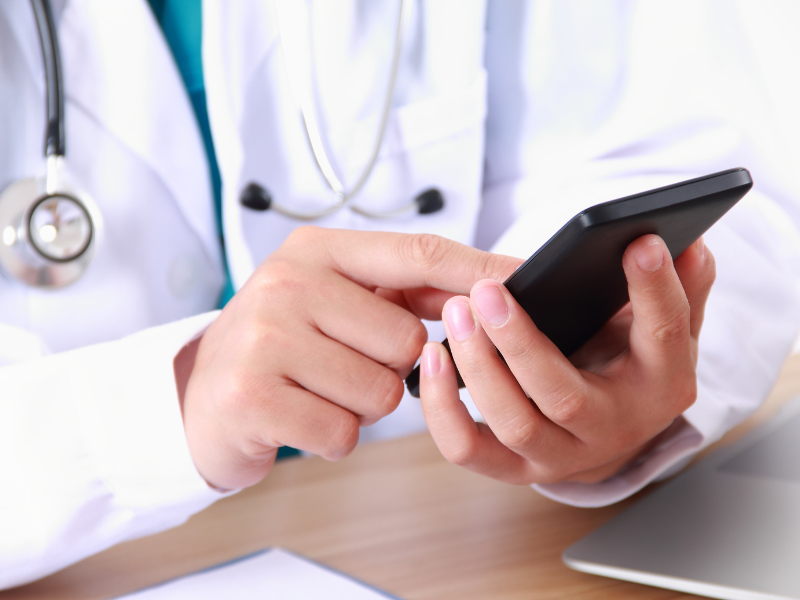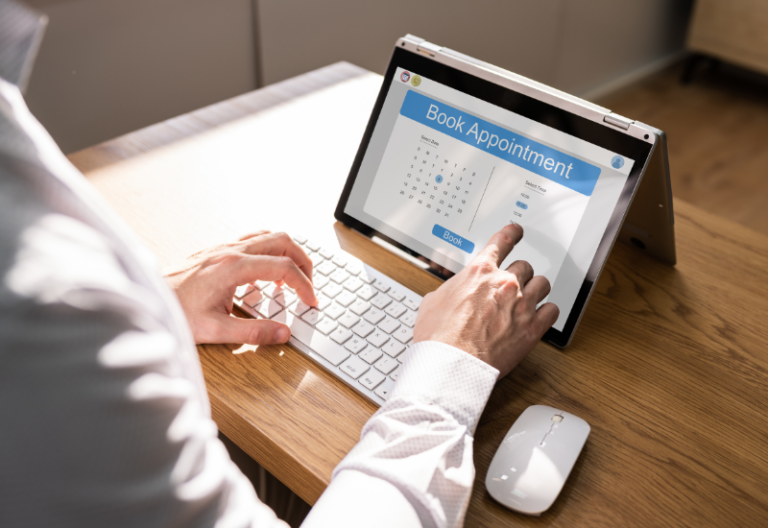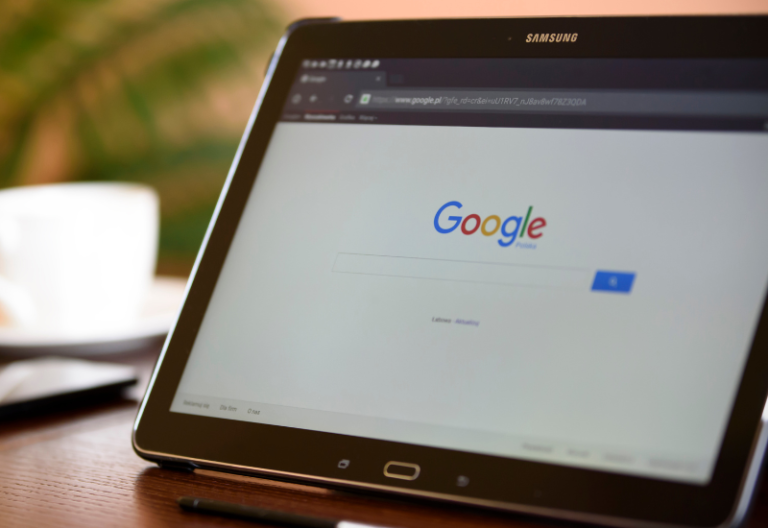Seamless communication with patients is a must for anyone working in the healthcare field, and that’s precisely why phone apps exist. These apps offer a smoother communication process, helping build a stronger bond between healthcare providers and their patients.
However, choosing the right phone app can be daunting, especially when you take into account critical factors like HIPAA compliance. Thankfully, we have here a list of the best HIPAA-compliant apps. All you need to do is pick an app that you like.
Top 5 HIPAA-Compliant Phone Applications:
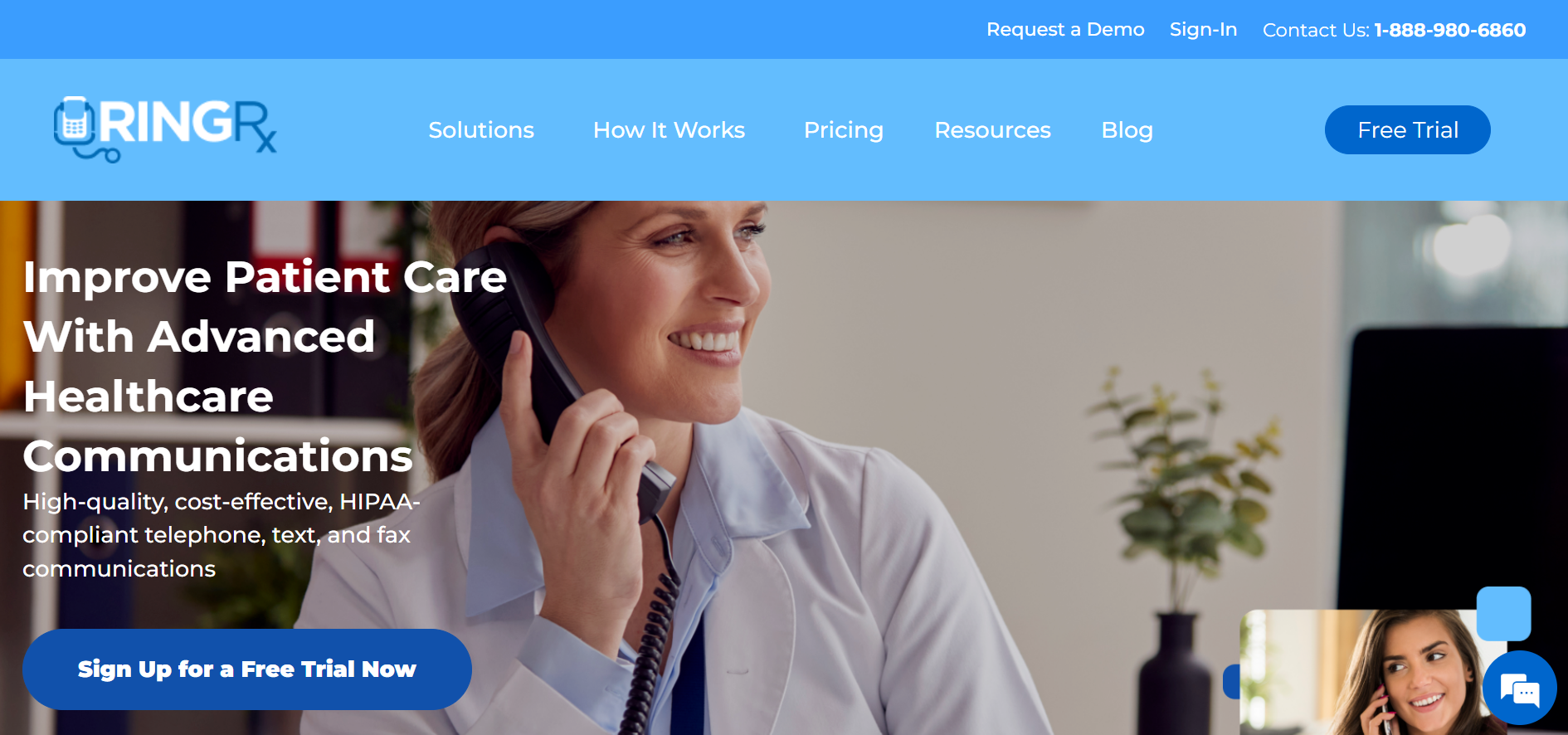
1. RingRx
Keeping your patient’s information from being exposed is what RingRX is for. It’s a full-featured communications platform that complies with the Health Insurance Portability and Accountability Act (HIPAA) with its enhanced encryption and secure business-class phone solution.
RingRx’s patient-first phone system is the perfect fit for healthcare providers and organizations looking to protect patient data while offering advanced call management capabilities.
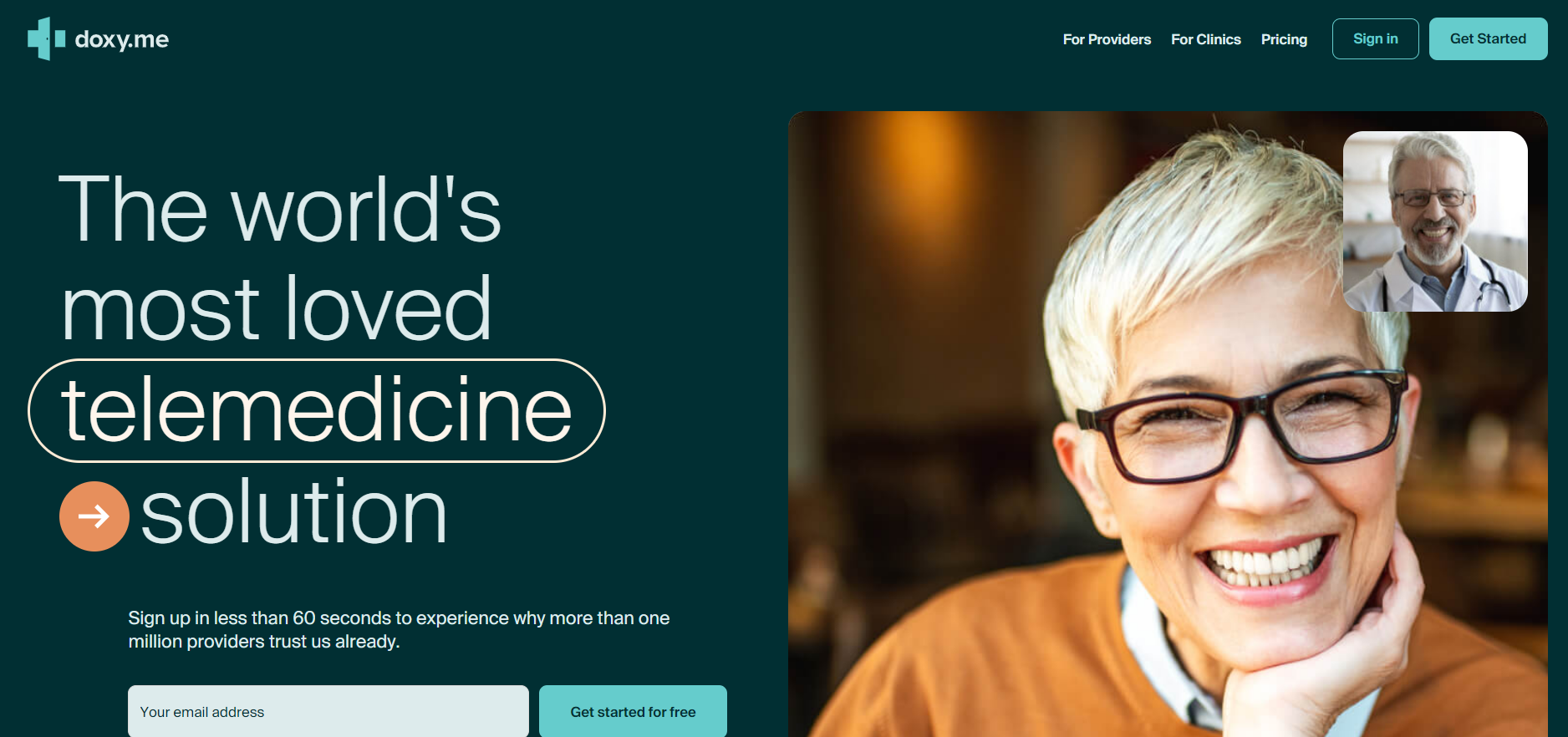
2. Doxy
The Doxy telemedicine application features multiple benefits that help healthcare professionals carry out consultations outside of their clinics. This remarkable phone app ensures full compliance with HIPAA regulations and offers a user-friendly experience. Its noteworthy functionalities include seamless video conferencing, effortless screen sharing, and a convenient waiting room feature.
Also, Doxy works on all major browsers and desktops, enabling clinicians to extend their practice into a virtual workspace.
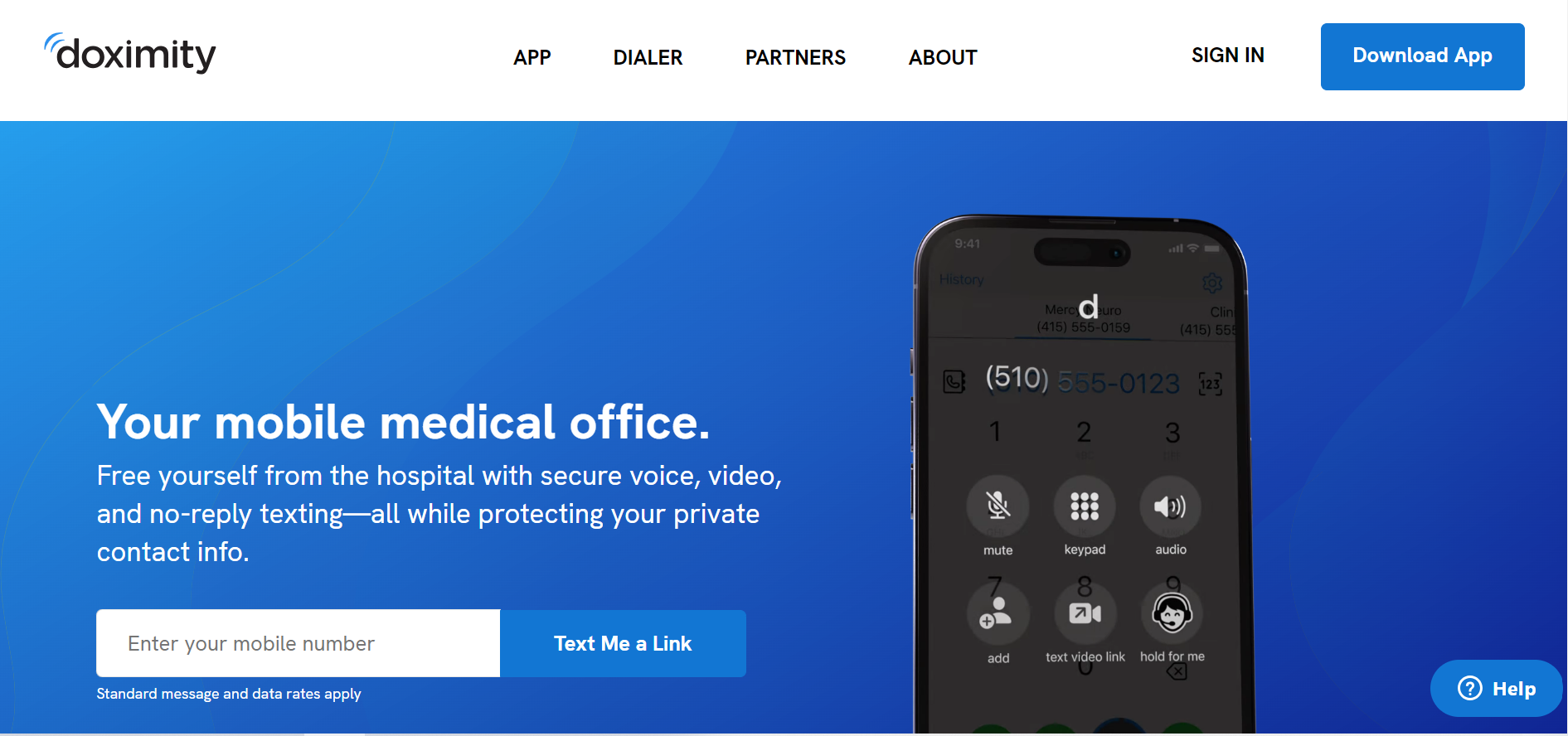
3. Doximity
Doximity is a HIPAA-compliant phone app that helps take the friction out of a clinician’s everyday challenges. Its Dialer feature, in particular, can turn any smartphone into a mobile medical office, complete with all the security features you need to keep your calls and patient conversations private.
More importantly, the phone app doesn’t record calls, plus its no-reply texting allows healthcare providers to send one-way texts. It also makes an excellent app for reminding patients about their appointments, medication refills, and laboratory results.
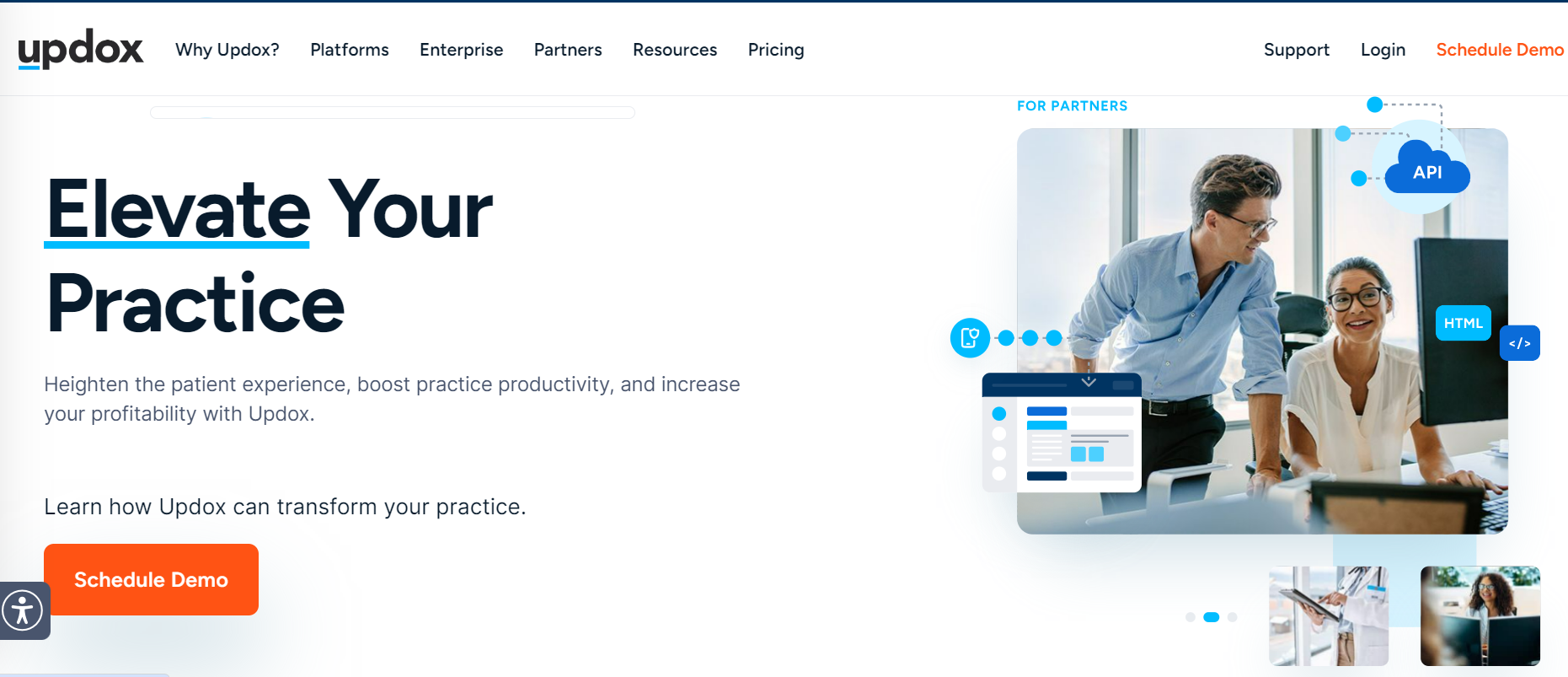
4. Updox
Updox is a phone application that adheres to HIPAA regulations and offers a comprehensive platform for medical professionals. It facilitates seamless patient interactions, optimizes clinical processes, and protects sensitive patient details. The application includes a telehealth functionality that empowers healthcare providers to conduct virtual patient consultations.
Besides its HIPAA-compliant video conferencing capability, Updox also has an electronic fax feature that makes sending and receiving documents with patient information seamless and secure.
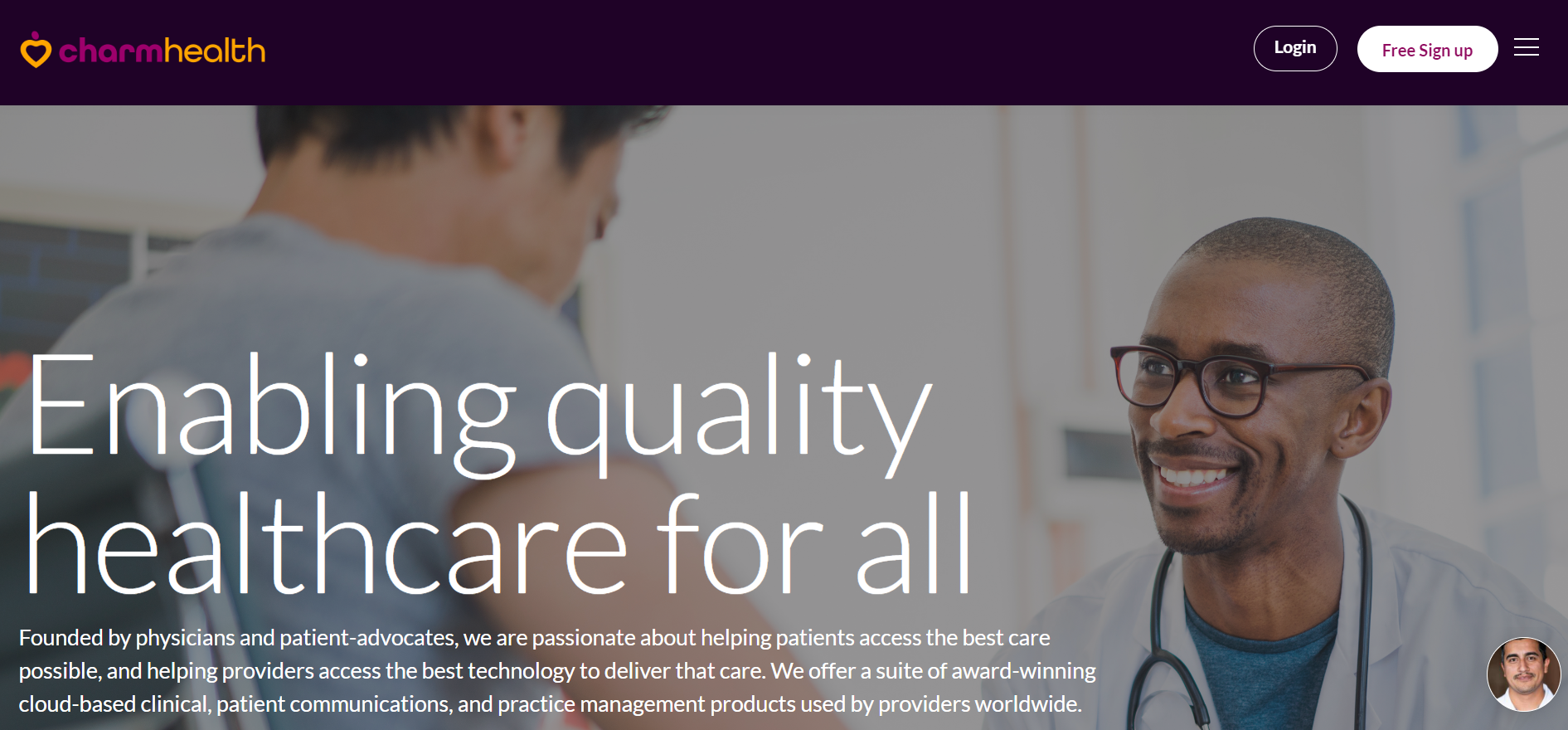
5. CharmHealth
CharmHealth is a HIPAA-compliant EHR designed to help healthcare providers manage their practice efficiently and profitably. Its cloud-based telehealth solution enables clinics and hospitals to set up a virtual clinic and make it accessible on any device or platform. More importantly, it encrypts sessions to safeguard the privacy of patient data. It also allows providers to create a compliance document and obtain patient content before a session starts.
With CharmHealth, colleagues in the healthcare industry can collaborate and discuss medical cases without needing to meet in person. It also allows them to exchange information and seek advice from peers in real time, leading to improved treatment outcomes.
The Role of Mobile Apps in Healthcare Communication
HIPAA-compliant phone applications are transforming the way healthcare professionals communicate. These innovative apps offer distinctive functionalities that significantly improve the efficiency and effectiveness of patient care. Clinicians and specialists can now rely on these applications to make healthcare more accessible and minimize patient no-shows.
The user-friendliness of these apps, combined with their adherence to HIPAA regulations, guarantees the secure and confidential handling of protected health information (PHI). This innovative technology aims to deliver high-quality care while maintaining patient confidentiality and decreasing wait times.
Additionally, these HIPAA-compliant phone apps also offer a plethora of other functionalities that can enhance healthcare communication. Beyond calls, these apps enable clinicians to send notifications through chat messages, view patient summaries, and share medical images. The secure exchange of medical records also allows healthcare providers to make well-informed decisions based on up-to-date and accurate data.
HIPAA-Compliant Communication Tools for Mobile: Key Features
Here are the key features that you might want to look for in a HIPAA-compliant phone app and other mobile tools:
- End-to-end encryption: Encrypting data using high-level encryption technology will help prevent unauthorized people from accessing sensitive details, most importantly, PHI.
- Audit trails: Having detailed records of all phone calls, video conferencing, and messaging activities is necessary for documentation during HIPAA compliance audits and breach investigations.
- User authentication: This feature ensures that only authorized users can access PHI. Two-factor and biometric authentication serve as additional defenses against anyone attempting to access data by spoofing someone’s identity, like a clinic staff or hospital employee.
Using HIPAA-Compliant Phone Apps Matter
These days, healthcare professionals and organizations must take all the necessary security measures and precautions to safeguard PHI from falling into the wrong people. It’s not just for the sake of meeting and maintaining compliance but also for protecting the best interests of patients.
Compromised data erodes trust, leading patients to question the integrity of the apps used, potentially hindering their willingness to share sensitive information. More often than not, this causes severe consequences like committing HIPAA violations, prompting the Department of Health and Human Services (HHS) Office for Civil Rights (OCR) to investigate and impose fines.
Choosing HIPAA-compliant phone apps helps reduce the risk of breaches and unauthorized access. It’s a significant step healthcare providers can take to demonstrate their commitment to safeguarding PHI.



